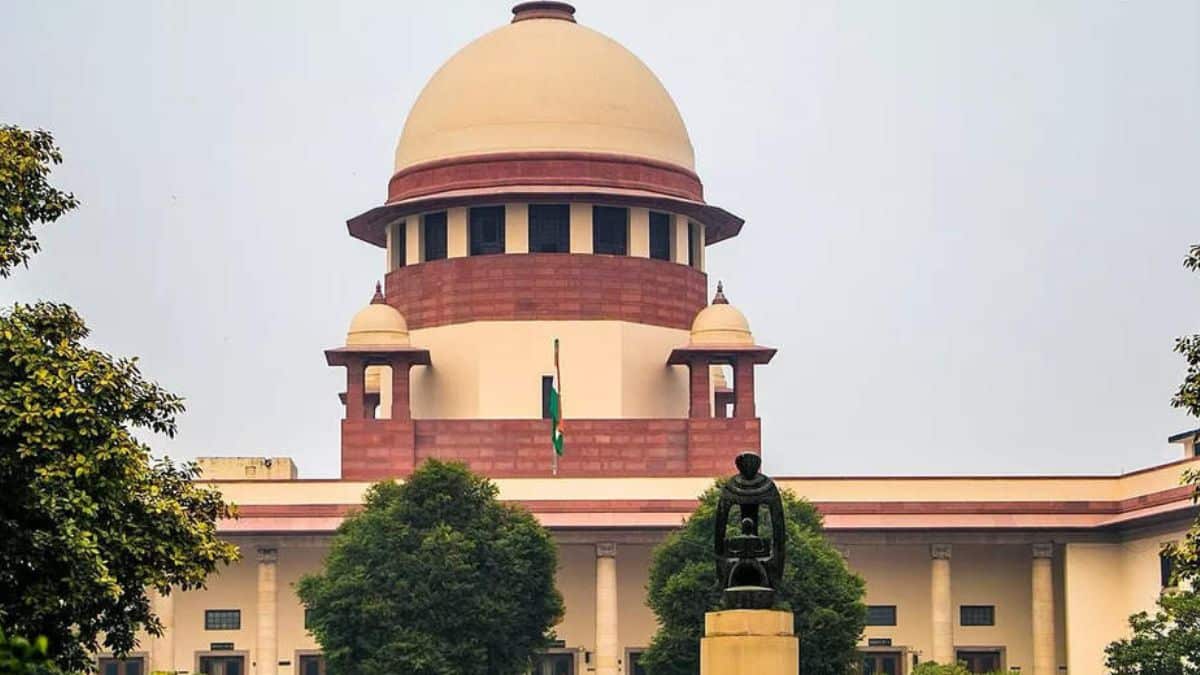The Supreme Court has directed the Uttarakhand government to finalize its decision regarding the suspension of 14 Patanjali products within a fortnight. The directive comes amid ongoing concerns about the safety and efficacy of these products, which are manufactured by the renowned Ayurvedic company founded by yoga guru Baba Ramdev.
The Supreme Court’s order was issued during a hearing on a Public Interest Litigation (PIL) that challenged the quality and regulatory compliance of certain Patanjali products. The PIL alleges that these products do not meet the necessary safety standards and could potentially harm consumers.
“Given the serious nature of the allegations, it is imperative that the state government acts swiftly and decisively,” the court stated. “We direct the Uttarakhand government to finalize its decision regarding the suspension of these products within two weeks and report back to this court.”
The products in question span a range of categories, including dietary supplements, medicines, and personal care items. The controversy has sparked a broader debate on the regulation of Ayurvedic and herbal products in India, highlighting the need for stringent oversight and quality control measures.
The Uttarakhand government, in its response, assured the court that a thorough investigation is underway. “We are committed to ensuring the highest standards of safety and quality for all products available to consumers. The investigation is being conducted with due diligence, and we will comply with the Supreme Court’s directive,” a government representative stated.
Patanjali Ayurved Ltd., one of India’s fastest-growing FMCG companies, has consistently maintained that its products adhere to rigorous quality standards and regulatory requirements. In a statement, the company expressed confidence that the investigation would vindicate its position. “We are fully cooperating with the authorities and are confident that our products will be proven safe and effective,” the statement read.
With the Uttarakhand government preparing to finalize its decision, the case continues to draw significant public and media attention, reflecting the growing consumer demand for regulatory oversight in the booming herbal products market

